Hair Growth
Hair growth is a complex biological process influenced by various factors, including genetics, hormones, and the overall health of the hair follicles. The growth of hair occurs in a cyclical pattern divided into three distinct phases: anagen, catagen, and telogen. Each phase plays a vital role in determining the length, thickness, and overall health of hair.
- Estimated Delivery : Up to 4 business days
- Free Shipping & Returns : On all orders over $200
Understanding Hair Growth: The Science Behind It
Hair growth is a complex biological process influenced by various factors, including genetics, hormones, and the overall health of the hair follicles. The growth of hair occurs in a cyclical pattern divided into three distinct phases: anagen, catagen, and telogen. Each phase plays a vital role in determining the length, thickness, and overall health of hair.
The anagen phase, commonly referred to as the growth phase, typically lasts between two to six years. During this period, hair strands can grow approximately half an inch each month, depending on individual factors. The duration of the anagen phase can significantly affect the length of the hair; individuals with a longer anagen phase may enjoy longer hair. Following the anagen phase is the catagen phase, which is the transitional stage lasting about two to three weeks. During this phase, hair growth halts, and the hair follicle begins to shrink, preparing for the hair to eventually shed.
The final phase, telogen, also known as the resting phase, lasts around three months. At this point, the hair is neither growing nor falling out, but is preparing for renewal. Approximately 10-15% of hair follicles are in this resting state at any given time. After the telogen phase, hair frequently falls out, making way for new growth to begin again in the anagen phase.
Genetic factors play a crucial role in determining the characteristics of hair growth, including texture, thickness, and growth rate. Additionally, hormones such as androgens can influence hair growth patterns, particularly in individuals experiencing hair loss, such as androgenetic alopecia. Understanding these biological processes is fundamental for anyone interested in promoting healthy hair growth and addressing concerns related to hair loss.
Nutrition and Its Impact on Hair Growth
The role of nutrition in hair growth cannot be understated, as it significantly influences the health and strength of hair follicles. Several essential nutrients are known to support this process, including vitamins, minerals, proteins, and healthy fats. Biotin, a B-vitamin, is particularly notable for its contribution to hair health. It aids in the production of keratin, a key structural component of hair. A deficiency in biotin can lead to hair thinning and loss, making it crucial to incorporate biotin-rich foods, such as eggs, nuts, and avocados, into one’s diet.
Zinc is another vital mineral that plays a role in hair metabolism and the maintenance of oil glands around hair follicles. It promotes the repair of damaged cells and supports hair growth by ensuring proper functioning of the hair cycle. To boost zinc intake, foods like shellfish, legumes, and seeds are beneficial. Furthermore, vitamin E serves as an antioxidant that aids in preventing oxidative stress, which can impair hair growth. Foods rich in vitamin E, such as spinach, almonds, and sunflower seeds, should be included in your daily dietary plan.
A balanced diet that emphasizes adequate protein intake is also crucial for hair health. Hair is primarily made up of protein, and ensuring you consume sufficient amounts can support the repair and growth of hair strands. Lean meats, fish, dairy products, beans, and legumes are excellent sources of protein. Additionally, healthy fats, particularly omega-3 fatty acids found in fish, flaxseeds, and walnuts, are essential for maintaining scalp hydration and promoting healthy hair growth. By intentionally including these nutrients in everyday meals, individuals can foster an environment conducive to stronger and healthier hair.
Hair Care Practices to Encourage Growth
Maintaining a diligent hair care routine is vital for promoting healthy hair growth. A significant factor that contributes to improved hair growth is the health of the scalp. A clean, well-nourished scalp fosters the ideal environment for hair follicles to thrive. Regularly exfoliating the scalp to remove dead skin cells and excess oil can help prevent clogged follicles. Additionally, massaging the scalp can increase blood circulation, ensuring that hair follicles receive the necessary nutrients for optimal growth.
Washing hair with the appropriate frequency is another essential component. Over-washing can strip natural oils, leading to dryness, while infrequent washing can result in product build-up. A balance must be struck, based on hair type and scalp condition. When performing this task, gentle massage techniques should be employed, paired with mild, sulfate-free shampoos that preserve the hair’s natural moisture. Following with a suitable conditioner can help retain hydration and ensure smoothness, thus reducing breakage and promoting growth.
The use of natural oils can also play a crucial role in hair care. Oils such as coconut, argan, and castor can nourish both the scalp and hair shafts, providing essential fatty acids and vitamins. Regularly applying these oils can improve hair elasticity and shine while minimizing split ends. Furthermore, regular trims are vital to eliminate damaged ends, which can impede the overall growth process. It is generally recommended to trim hair every eight to twelve weeks to keep hair healthy.
On the flip side, certain common mistakes can hinder the growth process. For instance, excessive heat styling and using harsh chemicals can cause irreparable damage. Personalizing a hair care routine to avoid such harmful practices is essential for fostering an environment where hair can grow unencumbered. Implementing these practices diligently can significantly impact the effectiveness of the overall hair growth journey.
Natural Remedies and Treatments for Hair Growth
Hair growth can be a concern for many individuals seeking to enhance their mane’s volume and health. Natural remedies offer accessible solutions to stimulate hair growth without the potential side effects associated with chemical treatments. Various herbal therapies, oils, and masks can effectively nourish and rejuvenate hair, promoting growth with consistent use.
One of the most popular natural treatments is coconut oil. Rich in fatty acids, coconut oil penetrates the hair shaft, reducing protein loss and keeping hair hydrated. To use coconut oil, warm a small amount in your hands, apply it directly to your scalp, and massage gently. Allow it to sit for at least 30 minutes before washing it out with a mild shampoo. Regular application can lead to shinier and stronger hair.
Another effective remedy is rosemary oil, renowned for its ability to improve circulation in the scalp, thus encouraging hair follicles to function efficiently. It can be blended with a carrier oil such as jojoba or olive oil, applied directly to the scalp, and left for an hour before rinsing. Studies suggest that rosemary oil may offer similar benefits to minoxidil, a common hair growth treatment.
Aloe vera is also widely celebrated for its nourishing properties. Known for its anti-inflammatory effects, aloe vera can soothe an irritated scalp while providing hydration to the hair. Utilizing fresh aloe vera gel, one can apply it directly to the scalp and hair, leaving it on for about 30 minutes before rinsing. This not only promotes hair growth but also maintains scalp health.
While these natural remedies show promise, their effectiveness can vary from person to person. It is advisable to perform a patch test before full application and consult a healthcare professional when integrating new treatments into a routine. These remedies can serve as a gentle, holistic approach to support hair growth for those exploring options beyond conventional products.
When to Seek Professional Help for Hair Growth Issues
Understanding when to seek professional help for hair growth issues can be critical to achieving optimal hair health. Several conditions may lead to concerning hair loss, and recognizing the signs can prompt timely intervention. One notable condition is alopecia areata, an autoimmune disorder characterized by sudden, patchy hair loss. Individuals experiencing this condition often report hair falling out in clumps, which can be distressing and necessitate the guidance of a healthcare professional. Dermatologists can provide accurate diagnosis and potential treatment options tailored to the individual’s specific situation.
Another common cause of hair loss relates to thyroid disorders. Both hypothyroidism and hyperthyroidism can lead to changes in hair texture, density, and overall health. A decline in hormonal balance can precipitate thinning hair or increased shedding. If individuals suspect a thyroid issue due to accompanying symptoms, such as fatigue or weight fluctuations, it is advisable to consult a healthcare provider. Blood tests can help confirm thyroid function and guide treatment protocols.
Consultation with a healthcare professional becomes essential when hair loss is accompanied by other symptoms, such as itching, redness, or unusual scalp conditions. These indicators may signify underlying diseases that require medical intervention.
Depending on the diagnosis, professionals may recommend a variety of treatments. Medications such as minoxidil or finasteride are commonly prescribed for specific types of hair loss. Furthermore, advanced therapies like platelet-rich plasma (PRP) injections have gained popularity for their potential to stimulate hair regeneration. These interventions, when applied under professional supervision, can provide significant improvements in hair growth.
In conclusion, recognizing the signs of hair growth issues and understanding when to seek professional advice can ultimately lead to effective solutions and improved hair health. Engaging with healthcare providers ensures the evaluation of potential underlying conditions and the implementation of appropriate treatments.
Hair growth is a natural process that varies for each individual. Factors such as genetics, diet, and overall health significantly influence this journey. Knowing how these elements affect your hair can help you optimize your hair growth strategy.
| Weight | 0.100 kg |
|---|---|
| Dimensions | 3.5 × 2.5 × 14 cm |
| size | 10ml, 30ml, 50ml |

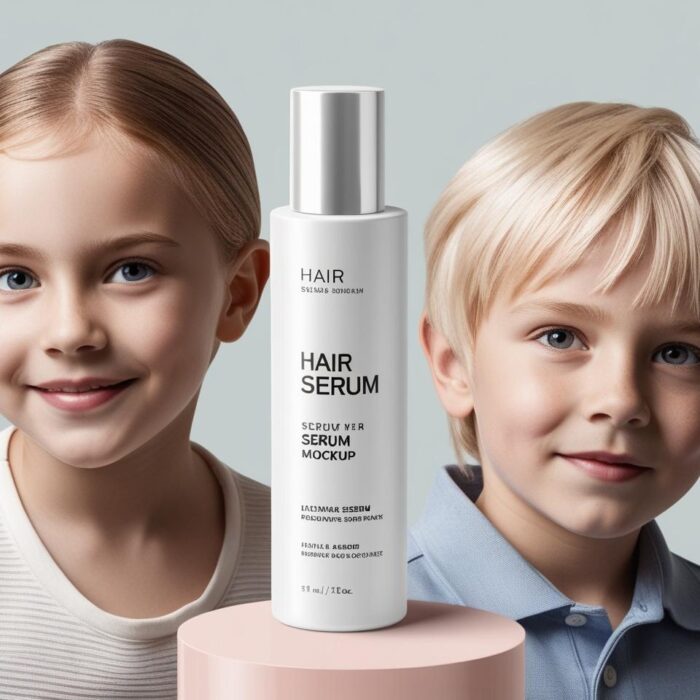


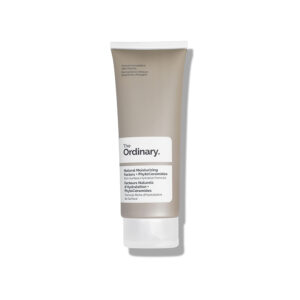


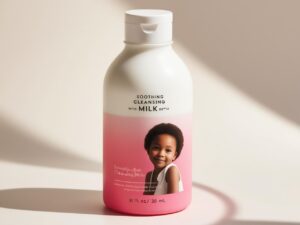


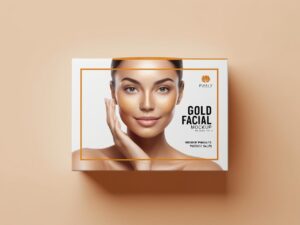




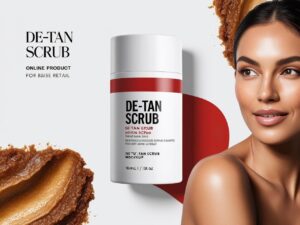














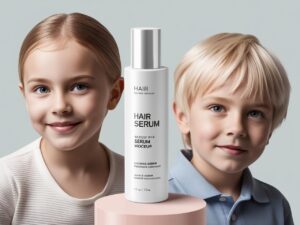
Reviews
There are no reviews yet.